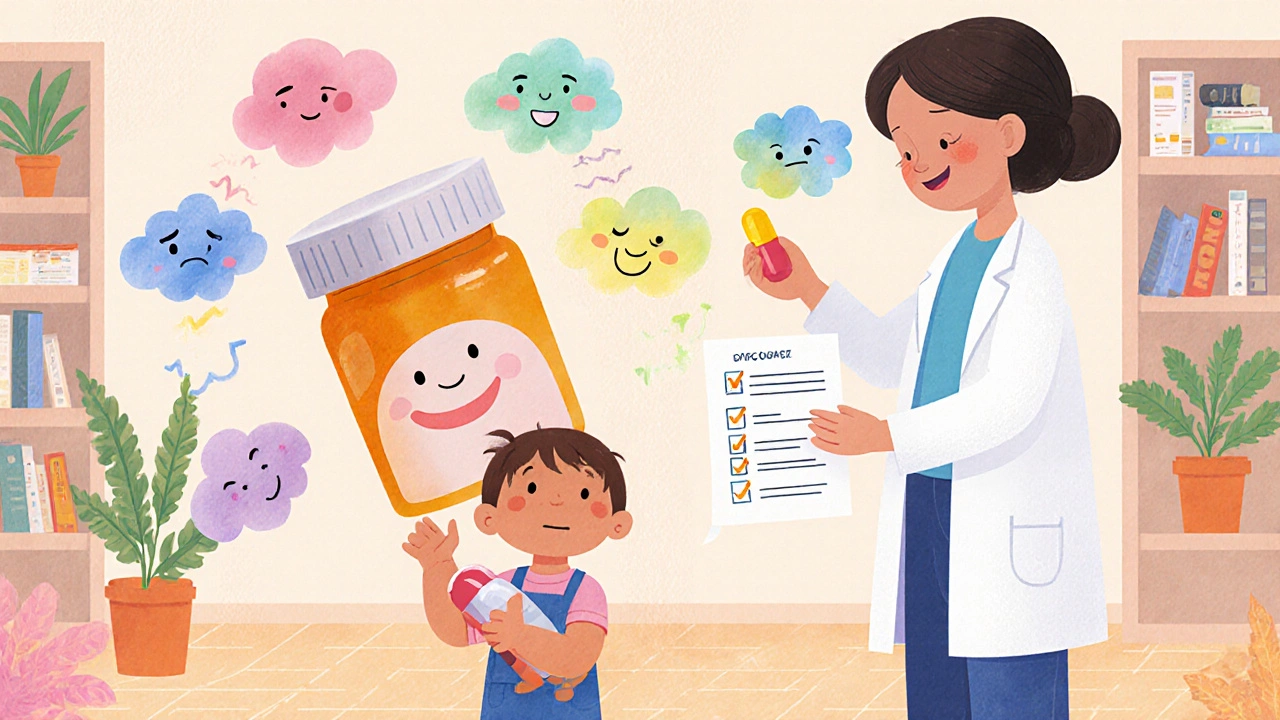Adherence Strategies: Simple Ways to Stay on Track with Your Medications
When you’re taking a medication long-term, adherence strategies, practical methods to help people take their medicines as prescribed. Also known as medication compliance, it’s not about willpower—it’s about building systems that fit your life. Too many people stop taking their meds because they forget, feel fine, or get overwhelmed. But skipping doses—even once in a while—can lead to serious problems. High blood pressure meds? Skipping them raises your stroke risk. Antibiotics? Stopping early breeds resistant bacteria. Antidepressants? Abruptly quitting can trigger withdrawal. This isn’t theoretical. Studies show nearly half of people with chronic conditions don’t take their drugs as directed.
Good adherence strategies, practical methods to help people take their medicines as prescribed. Also known as medication compliance, it’s not about willpower—it’s about building systems that fit your life. don’t require fancy apps or rigid schedules. They’re simple, repeatable, and tied to habits you already have. Think: pairing your pill with your morning coffee, using a pill organizer labeled with days, or setting a phone alarm that says "Take your warfarin" instead of just "Meds." Some people keep emergency meds like epinephrine or naloxone in their purse or car so they’re never out of reach. Others join support groups—like those for warfarin users—where sharing struggles makes sticking to the plan feel less lonely. And when side effects hit, like nausea from GLP-1 agonists or dizziness from beta-blockers, knowing how to manage them (not just endure them) keeps you on track.
It’s not just about remembering to take pills. It’s about understanding why you’re taking them. If you don’t know how your metoclopramide affects your movement or why folic acid is non-negotiable with methotrexate, you’re more likely to quit. That’s why the best adherence strategies, practical methods to help people take their medicines as prescribed. Also known as medication compliance, it’s not about willpower—it’s about building systems that fit your life. connect the dots between the drug and your daily life. A generic drug with an AB code? You need to know it’s safe to switch. A statin with grapefruit? You need to know how much citrus is too much. A thyroid med that interacts with calcium? You need to know when to take it. The posts below aren’t just lists of drugs—they’re real-world guides on how to live with them, avoid traps, and stay consistent without burning out. Whether you’re managing blood pressure, depression, pain, or something rare, the tools here are meant to make your routine easier—not harder.




